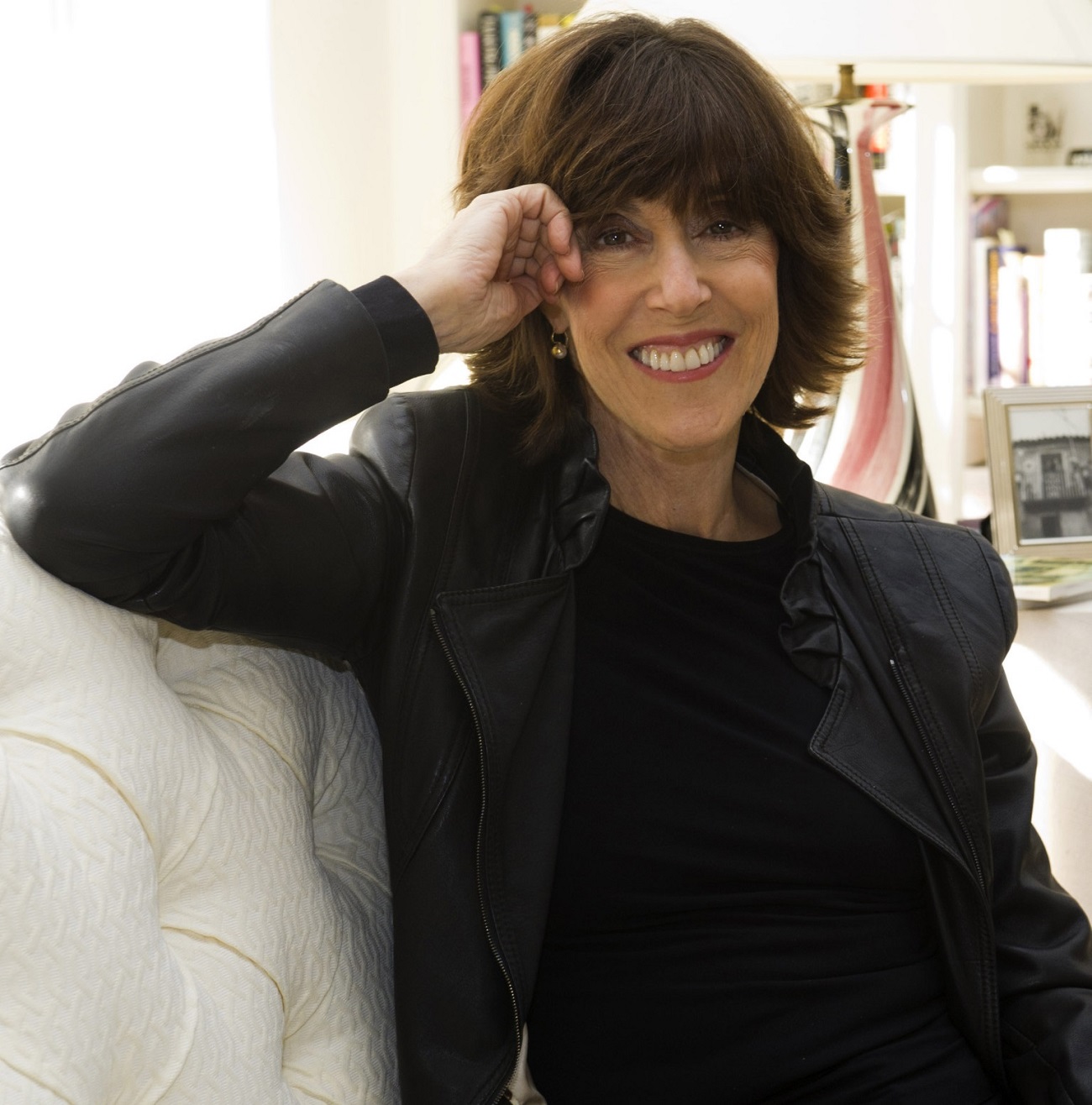Time, Creativity, and Why I’m Not Your Typical Clock
I’ve never been the kind of person who feels time ticking away like a relentless alarm. For me, time isn’t a strict schedule or a race against the clock. It’s more like a river, sometimes fast, sometimes slow, sometimes swirling in unexpected currents.
Reading a recent NY Times article about how people experience time differently, known to scientists as polychronic versus monochronic time, made me realize how deeply this shapes who I am as a writer and a human. The article explained that some people, the monochronics, see time as linear, segmented, and precise. They love crossing off checklists and scheduling every minute. The polychronics see time as fluid, flexible, and full of overlapping moments. They thrive in chaos, in multitasking, and in the beautiful mess of life happening all at once.
I am very much in the polychronic camp.
This does not mean I’m disorganized or careless. It means my creative process isn’t a neat to-do list. It means I might start writing a scene, pause to chase an idea from a dream, and then get sidetracked by a song that suddenly fits the mood perfectly. It means that deadlines can feel suffocating, yet they also push me to shape that swirling river into something meaningful.
For writers like me, time isn’t an enemy to conquer. It is a dance partner.
Maybe that is why one of my favorite paintings is Salvador Dalí’s The Persistence of Memory. The melting clocks feel familiar, like a visual echo of how I move through my days. Time bends and stretches in my world, spilling into places it is not “supposed” to go, and yet it still holds meaning.
When I’m in flow, hours can dissolve. The story stretches and bends in ways I don’t expect. Sometimes that means writing at 4 a.m., other times it means stepping away entirely to let ideas marinate. I have learned to trust this rhythm rather than fight it.
Living in a world built for monochronic thinking is not always easy. Calendars, appointments, and timers all demand a kind of punctuality I don’t naturally feel. The pressure to be “on time” can sometimes block the very creativity I’m trying to nurture.
That is why embracing my polychronic nature has been a form of self-love and liberation. It means honoring the way my mind moves, the way my inspiration flows. It means giving myself permission to exist in multiple moments at once, writing one story while dreaming up another, and feeling the past and future collide in the present.
So if you’re like me and the clock feels more like a suggestion than a rule, know that your experience of time is valid. Your creative process is unique. Maybe the world needs more polychronic thinkers, people who are not afraid to live in the messy, beautiful now.
After all, stories are not written by clocks. They are written by hearts that beat in their own time.













